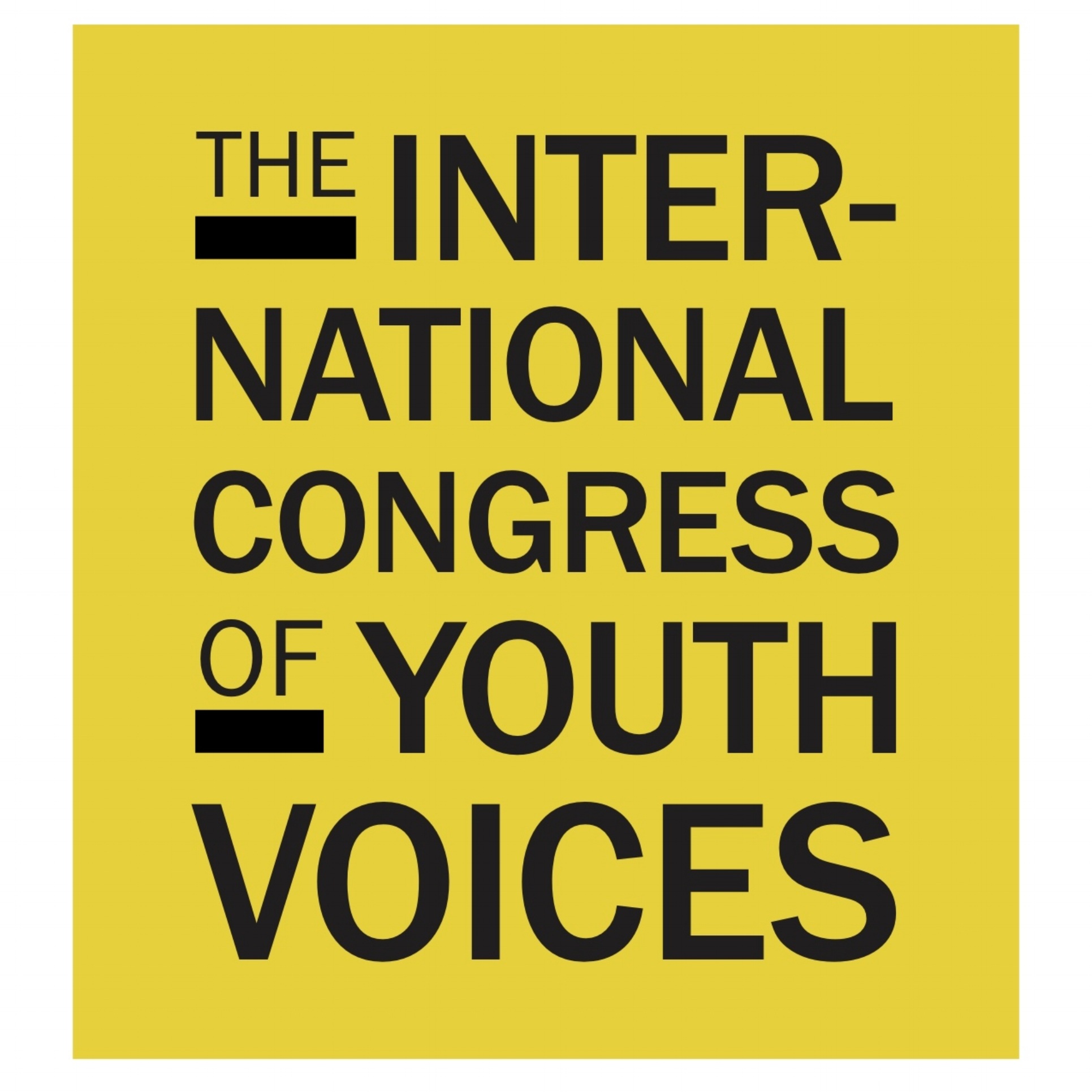PETER FILATOV, 17
Peter Filatov, from Moscow, Russia, is studying humanitarian sciences at the college level. He uses writing as a way of structuring and presenting his thoughts to others, something he feels in his case can only be done on paper. He enjoys writing essays; not only do they give him an opportunity to express his thoughts in a structured manner when he speaks, he believes essays show the author's point of view in the most straightforward manner.
As a young person living in Russia, Filatov is strongly opposed towards the state regime. Even though it poses as a democracy, the government seems like it's degrading into the Soviet Union, where all the interests of the state are based on the wealth of the political elite. The current government seems not to care about science, education, air, water and earth pollution, and the problems of minorities, including the elderly, the queer community, and women. The state knows about them, but seems to ignore these issues. Filatov hates that so many Russians live their lives not realizing that they could be better with a different government. He finds hope in seeing his peers expressing the same opinions and concerns as he holds. Filatov is working on research in gender studies, which will allow him to understand how the Russian society is representing masculinity in mass media. He plans to move to Germany for university. He plans on pursuing a degree in philosophy to better understand how to pose the right questions to the world and get the right answers.
The Cult of the Party
by Peter Filatov
Since time immemorial there has been an incredible amount of alcohol all around the world. Ever since humanity has discovered the powerful impact this substance has on one’s senses, what could successfully be used as a water-cleaning method turned out to be a way of having fun. Adding wild body movements to this gave birth to parties and created what seems to be one of the most popular tribal rituals that take place in the world today.
Friedrich Nietzsche, a groundbreaking, extravagant, and often scary German philosopher from the 19th Century had a particular interest in the philosophy of culture. From his point of view, the so-considered ancestor of the whole eastern culture, Ancient Greece, must be subject to analysis when talking about anything regarding art, music, literature, etc. from western civilization. After analyzing and interpreting greek mythology in his own very specific way, in his book The Birth of Tragedy from the Spirit of Music, he presents the theory of the dichotomy between the Dionysian and the Apollonian. Dionysus and Apollo are brothers, sons of Zeus. Dionysus is the god of dance, music and wine while Apollo is the god of sun, plastic arts, and order. The dichotomy itself is usually presented as a conflict between music and plastic arts, or, speaking wider, a conflict of irrationality and rationality that goes on forever. When one retreats, the other one takes its place. Nietzsche argued that a balance between those two is what humanity must seek.
Looking at the modern party culture, one cannot avoid seeing it as the return of the Dionysian cult of wild dancing and wine. The sounds of contemporary dance music easily associate with the beat of the drum and the whistle of the flute, the instruments, that come from the tribal times of ours. These are still seen very often among the native cultures of South and Central America. Contemporary opposition is usually presented by string instruments, which seem to be averted by modern dance music. Quite the same can be seen regarding alcohol. Wine flows on the dance floor with much abundance– the main sign of Dionysus dancing with his maenads somewhere nearby.
Some might call this awful and barbaric. I would not. I support the Nietzschean opinion, which states that in the tribal dances the dancers achieve an extreme unity with one another and the world. Mother Nature acquires her prodigal children when they hand themselves to the god of party and wine. At this capitalist time, when “good” and “efficient” have become synonyms, what we need to do is seek balance between the rational and irrational, forget all the differences we have, erase the borders and coalesce in a wild dance, unanimous with the voice of nature.

